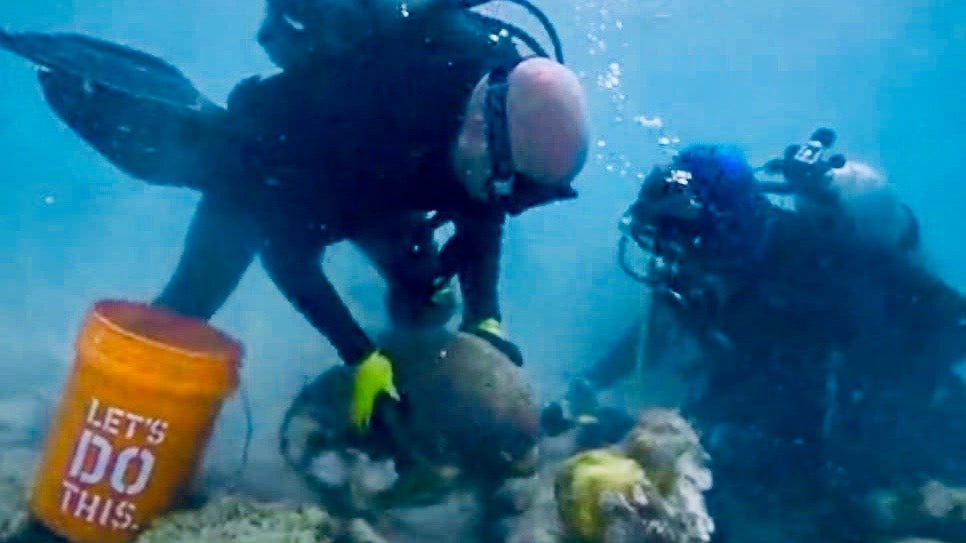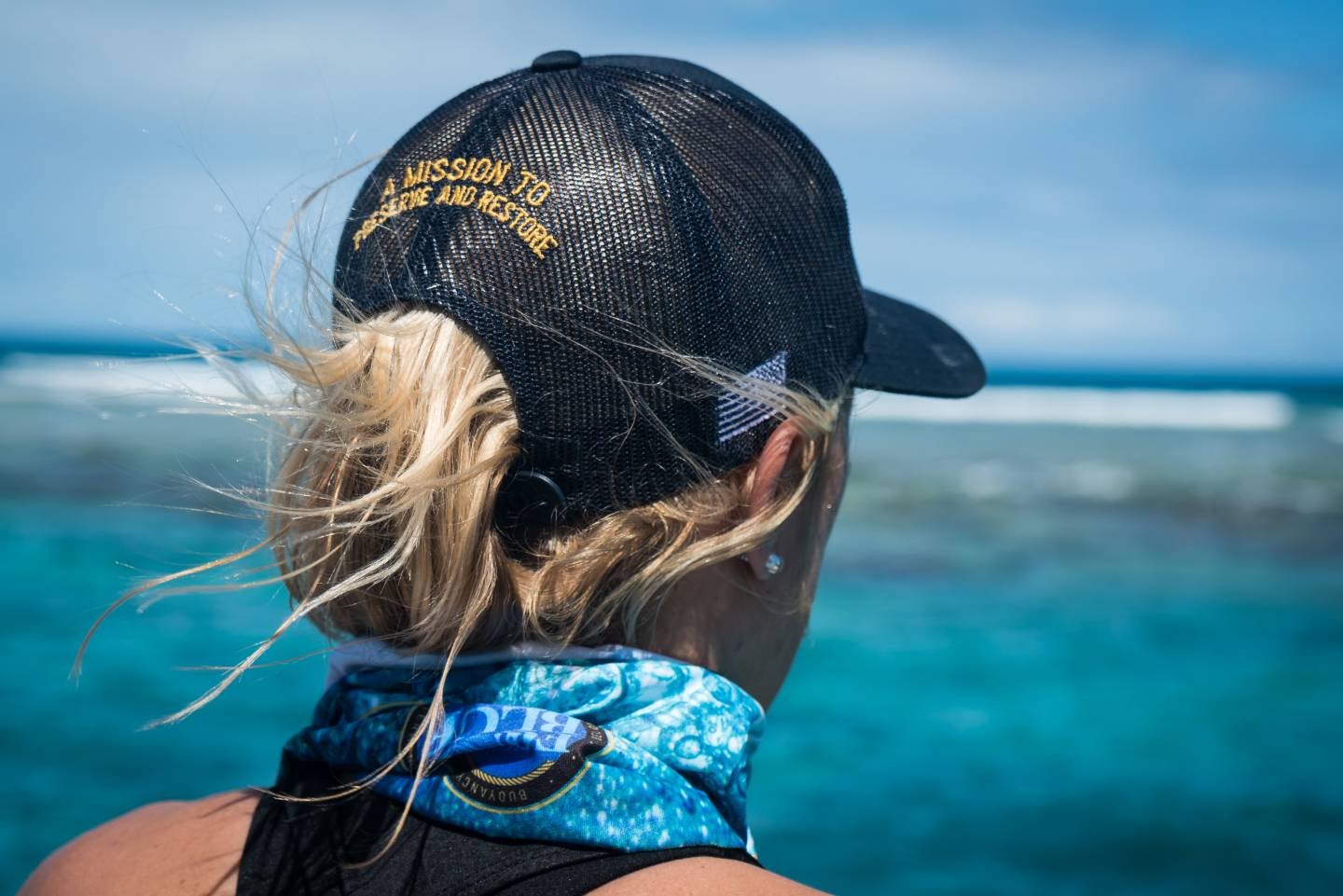US special forces veterans are deploying to save coral reefs
Florida is a unique state, a place where humans and alligators coexist tentatively as the seas rise and the ocean encroaches on the coasts that make it a draw to so many. It is home to the only coral reef barrier in North America, one of the largest in the world, a 10,000-year-old live ocean fence extending about 360 miles from the Florida Keys in the south up the east coast. And now, it’s also where Force Blue, a unique environmental group, is working to save the corals.


Florida is a unique state, a place where humans and alligators coexist tentatively as the seas rise and the ocean encroaches on the coasts that make it a draw to so many. It is home to the only coral reef barrier in North America, one of the largest in the world, a 10,000-year-old live ocean fence extending about 360 miles from the Florida Keys in the south up the east coast. And now, it’s also where Force Blue, a unique environmental group, is working to save the corals.
The reef barrier is ailing. Apart from damage done by divers, development, pollution, and dredging, it’s threatened by the declining water quality and a severe and deadly bout of disease that’s had a devastating effect on coral health. The reef track is a living thing, made up of 80 species of countless corals that host other creatures, like 70 species of marine sponges. However, it’s currently struggling to survive.
Enter Force Blue, an unusual green organization with three key goals. Founded by US special forces veterans, it aims to help preserve and restore coral reefs, assist veterans in finding a new purpose after service, and to call military members’ attention to environmental issues that they might otherwise ignore. On its website, Force Blue says it’s “a mission-focused program that strives to positively affect not only its members, but the world at large.” Veterans are recruited for their commitment to the mission, as well as diving acumen, and they must agree to undergo counseling and training, be deployed where and when needed, and to engage with the public about conservation efforts.
Jim Ritterhoff, the organization’s executive director and founder, came up with the idea in 2015 after taking a friend and fellow veteran diving to try to help him with his depression and post-traumatic stress disorder. He realized after their driving trip seeing beautiful fish in the Bahamas, which lifted his friend’s spirits, that being in the water and interacting with nature is good for mental health, while having a meaningful mission could especially help veterans struggling with civilian life. Ritterhoff also notes another motivation. “[W]e can use our veteran community to help the environment and reach an audience that currently isn’t getting the message. [They] may not listen to scientists, but they’ll listen to Navy SEALs and they’ll listen to Marines because these guys are their heroes,” he recently explained to the publication Geek.

Force Blue takes veterans who were trained by the military to dive and uses this expertise in service of the seas. In 2017, team members joined groups from the National Oceanic and Atmospheric Association and the Coral Restoration Foundation on a rapid-response initiative in southern Florida and Puerto Rico to assess, triage, and provide emergency restoration of reefs damaged by hurricanes Irma and Maria. Last year, team members and the organization moved to south Florida, where they’re helping to restore the coral reef track.
Now, Force Blue dive teams are working with other ocean conservation groups to stop the spread of an especially severe and deadly outbreak of stony coral tissue loss disease. The disease has arisen before, but such outbreaks have never lasted several years, like this one, nor have they done such extensive damage to the corals. It’s believed to be caused by bacteria but marine scientists aren’t certain which coral species are most likely to contract or spread it, or exactly how to stop it. They just know this latest bout has been unusually deadly and that the reef track needs help. To that end, Force Blue divers apply antibiotics to areas of affected coral and make trenches meant to stop the disease’s spread.
“Don’t think that because you’re not a scuba diver or a scientist, coral reefs don’t matter in your life, because they do. It’s not a stretch to say that if this reef dies, the next thing that’s going to happen is nobody is going to want to go to the Florida Keys. Then pretty soon, nobody is going to be able to go to them because they’re going to be gone,” Ritterhoff told Geek. He sees Florida as “ground zero” in the fight to save coral reefs, preserve marine life, and care for oceans globally. “If we can make an actual difference in Florida, that’s a model for how to make a difference worldwide.”